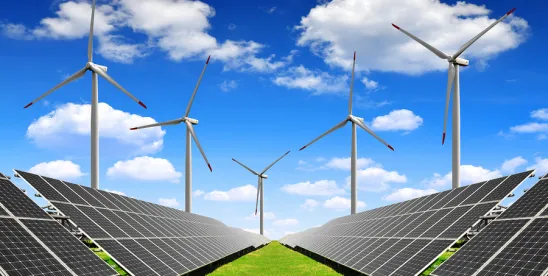SECOND-LIFE ENERGY STORAGE PROJECTS REPURPOSING ELECTRIC VEHICLE BATTERIES DEPLOYED IN NORWAY
On 22 September 2021, Nuvation Energy and ECO STOR AS announced the deployment of three second-life energy storage systems in Norway. The two smaller systems, each 50 kW / 150 kWh, will provide demand side management services to an office and school, whereas the larger third system, 1 MW / 700 kWh, will be sited at a substation and will provide grid support functions that will, in turn, allow for deferred upgrades to the transmission and distribution system.
Nuvation Energy supplied the battery management systems and energy controllers, as well as the design and engineering for the systems. ECO STOR constructed and commissioned the systems. Earlier this year, ECO STOR signed a memorandum of understanding with Nissan stating an intention to repurpose electric vehicle batteries for second-life uses. All three of the energy storage systems incorporate repurposed battery packs from Nissan Leaf vehicles.
NUSCALE POWER SIGNS MEMORANDUM OF UNDERSTANDING TO DEVELOP SMALL MODULAR REACTOR TECHNOLOGY IN POLAND
NuScale Power (NuScale), a U.S.-based power company, has signed a memorandum of understanding with Getka Group and Unimot to investigate the use of small modular reactor (SMR) technology at coal-fired power plants in Poland. The parties are examining the technical, legal, and financial feasibility of using SMR technology to replace coal-fired generating plants.
NuScale has developed the first and only SMR to receive design approval from the U.S. Nuclear Regulatory Commission. In July of 2021, the U.S. Nuclear Regulatory Commission proposed to certify the NuScale SMR design, putting NuScale one step closer towards releasing its SMR for commercial sale and use. The SMR is capable of generating 77 MW of electricity using a small version of pressurized water reactor technology.
NEW YORK CITY ANNOUNCES 15-YEAR OFFSHORE WIND VISION PLAN
New York City Mayor Bill de Blasio and the New York City Economic Development Corporation announced an Offshore Wind Vision plan (Plan). The Plan, released on 23 September 2021, provides US$191 million in offshore wind investment over the next 15 years. Moreover, New York City will make commitments focused on three core areas: (1) sites and infrastructure; (2) business and workforce, including the creation of 13,000 jobs; and (3) research and innovation. The city will develop best-in-class infrastructure to support the construction of offshore facilities, and will expand its manufacturing sector to install and service wind turbines locally. The Plan is designed to help New York City reach its goals of 100-percent clean electricity by 2040 and carbon neutrality by 2050.
NUCLEAR FUSION TEST FACILITY OPENS IN ENGLAND
On 27 September 2021, the United Kingdom Atomic Energy Authority (UKAEA) opened a 25,000 sq. ft. fusion energy research facility in South Yorkshire, England, United Kingdom. The new facility has the capability to test components for nuclear fusion power plants in simulated conditions ranging from combinations of high heat and magnetic fields within a vacuum environment to thermal cycling.
The facility hosts a wide variety of development technologies for fusion materials and components including the Combined Heating and Magnetic Research Apparatus, which is the only device in the world that can that can test prototype components in an environment that simulates the conditions inside a fusion power plant without any nuclear reactions taking place. To operate this facility, UKAEA will collaborate with several industrial partners plus the University of Sheffield Advanced Manufacturing Research Centre and the Nuclear Advanced Manufacturing Research Centre.
The facility was funded as part of the United Kingdom’s Nuclear Sector Deal with a further £2 million investment from Sheffield City Region’s Local Growth Fund.
DOE INVESTS US$27 MILLION IN BATTERY STORAGE PROJECTS
On 23 September 2021, the U.S. Department of Energy (DOE) announced US$17.9 million investment in four research projects to increase the manufacturing of flow-battery technology and US$9 million for the Energy Storage for Social Equity Initiative to help deliver cost-effective energy via flow batteries to underserved communities. DOE will provide technical expertise to communities participating in the Energy Storage for Social Equity Initiative for development and implementation of energy storage projects. Both projects are intended to help the United States reach net-zero carbon emissions by 2050.
Maeve C. Tibbetts and Oretha A. Manu contributed to this article.






 />i
/>i

